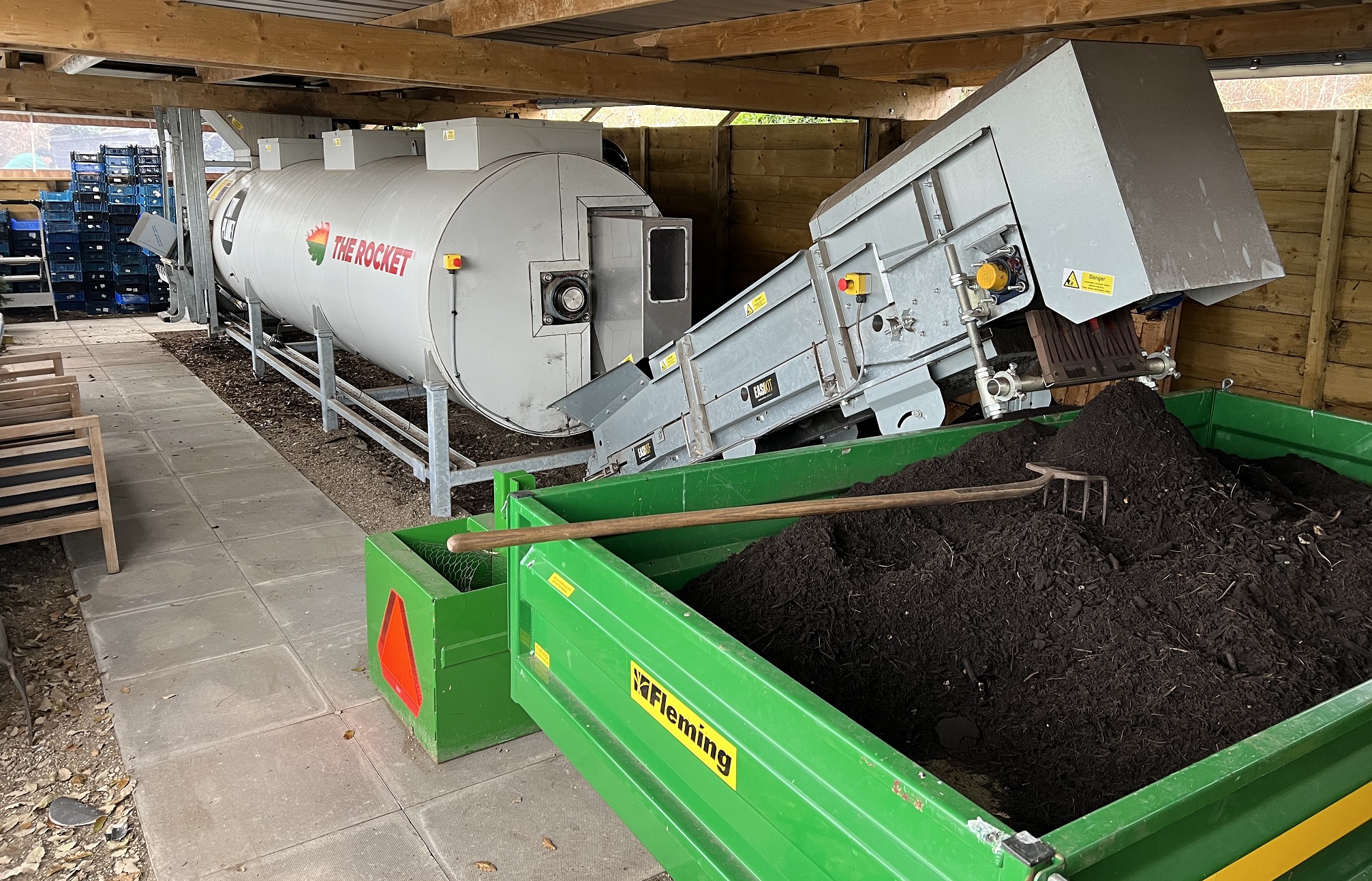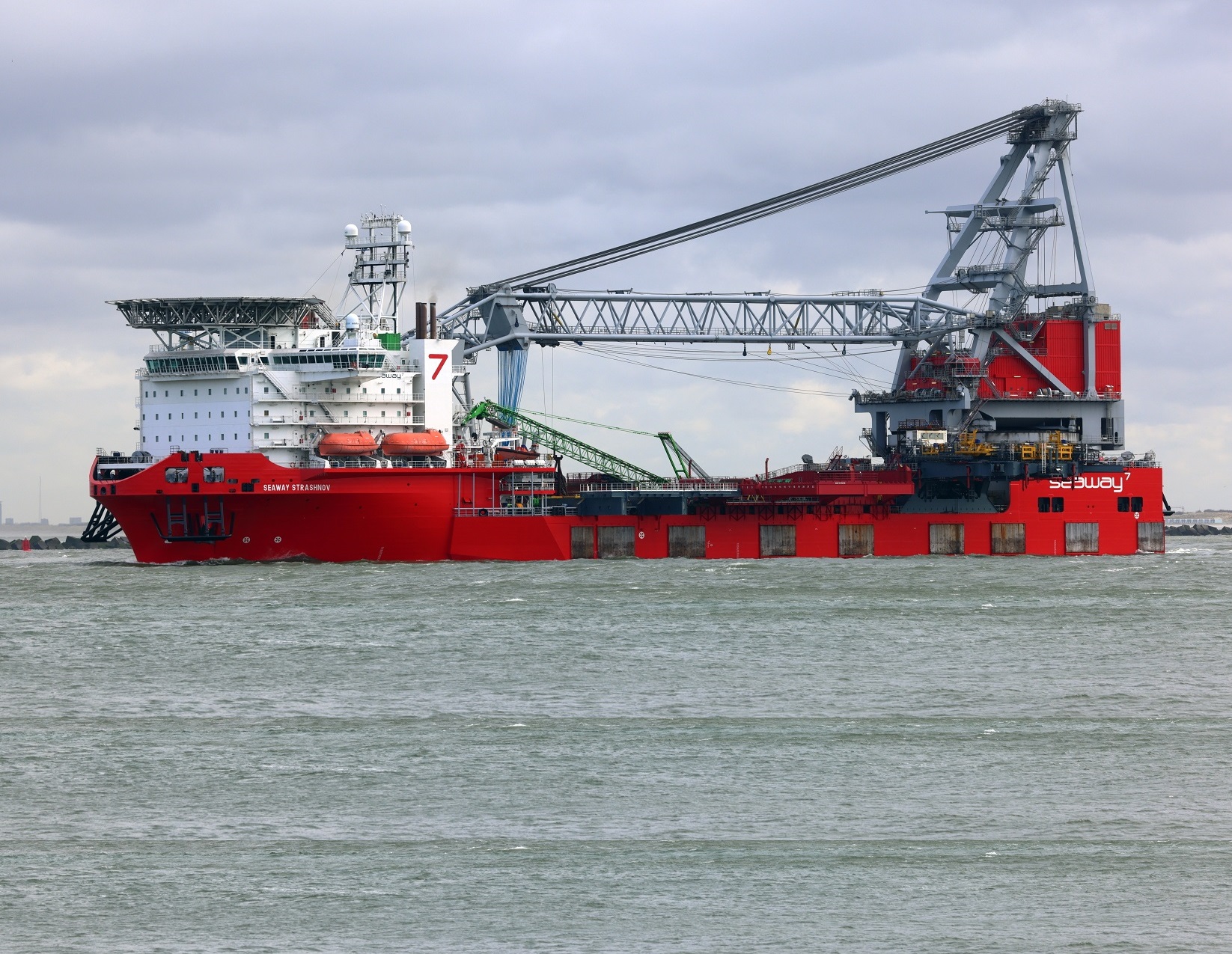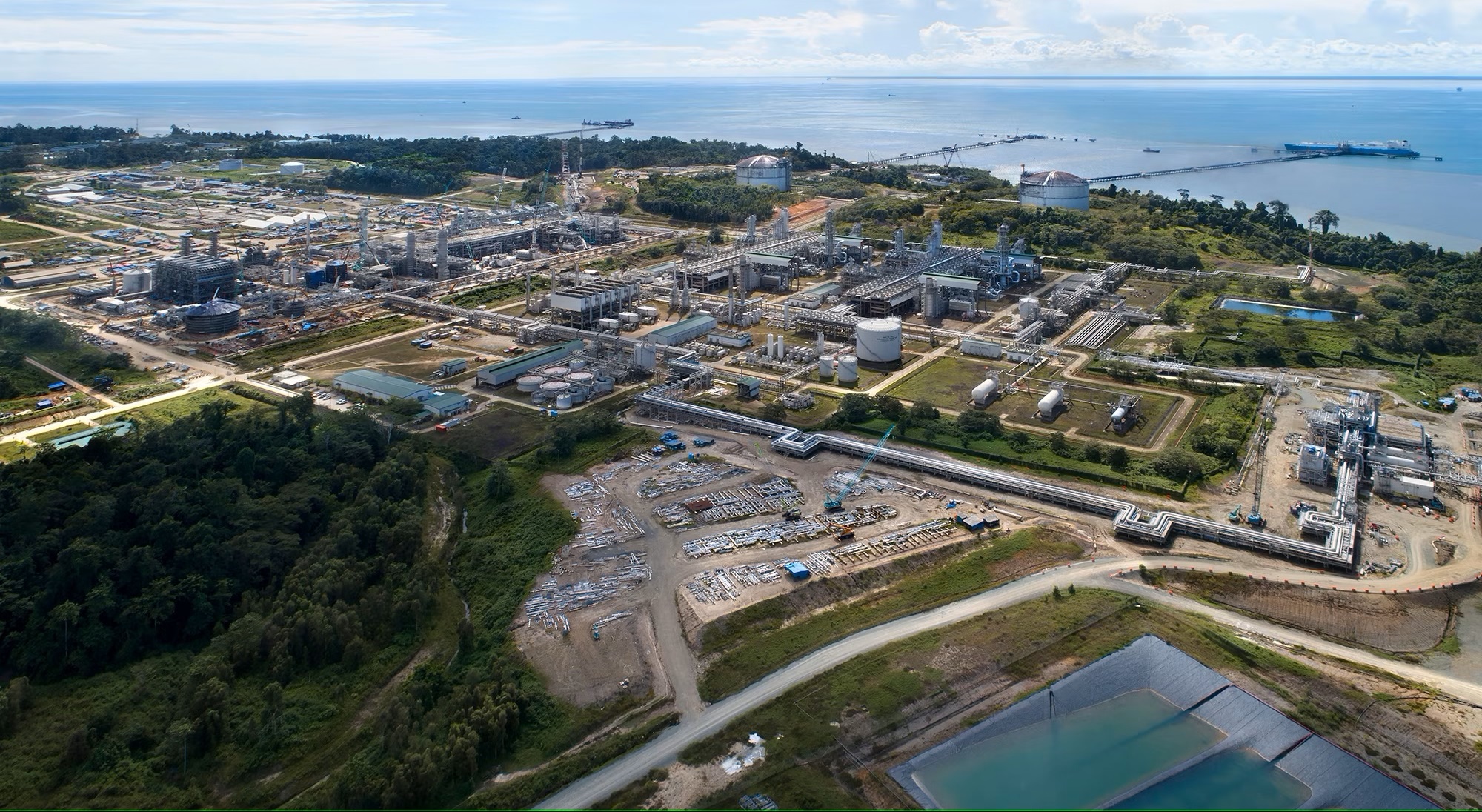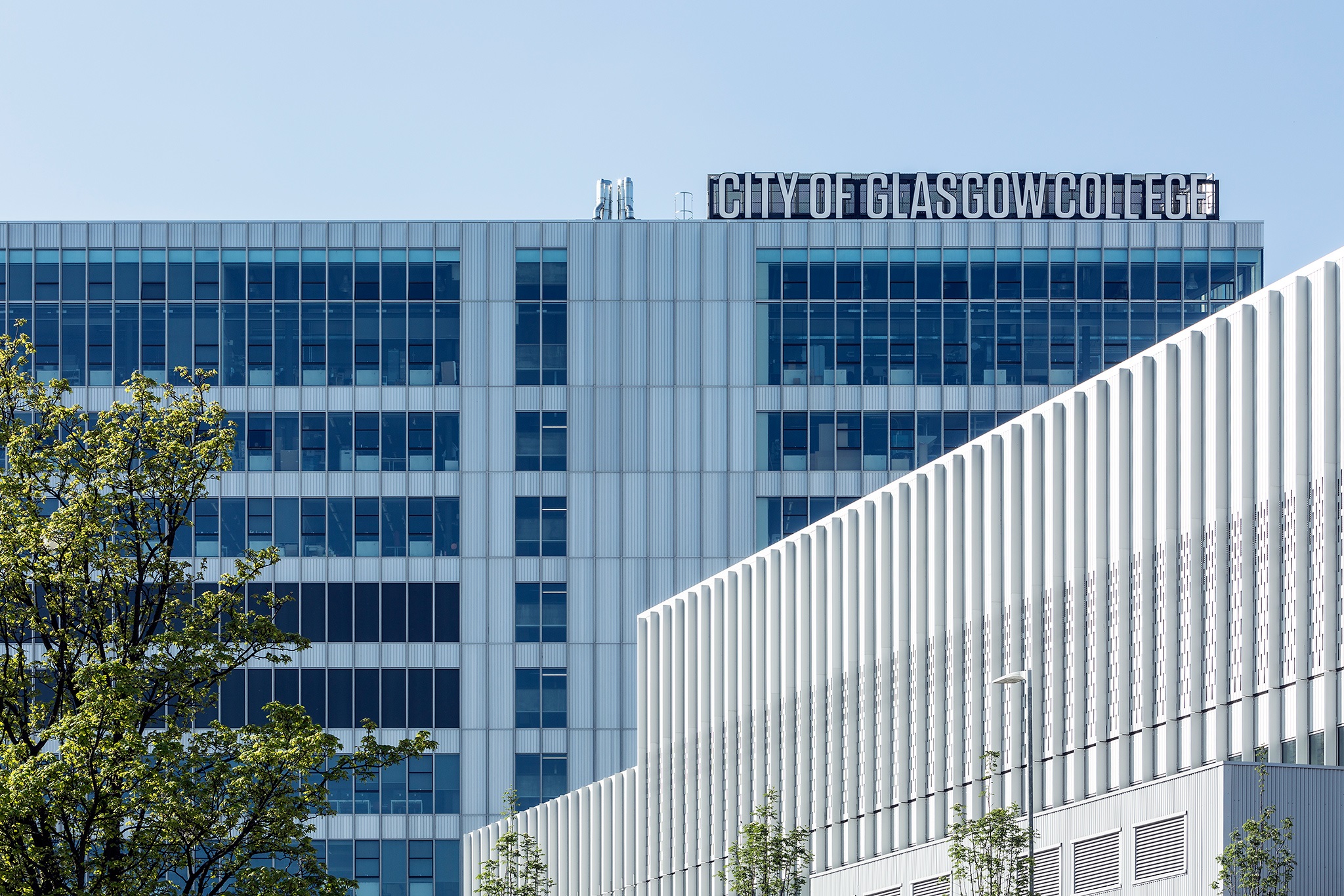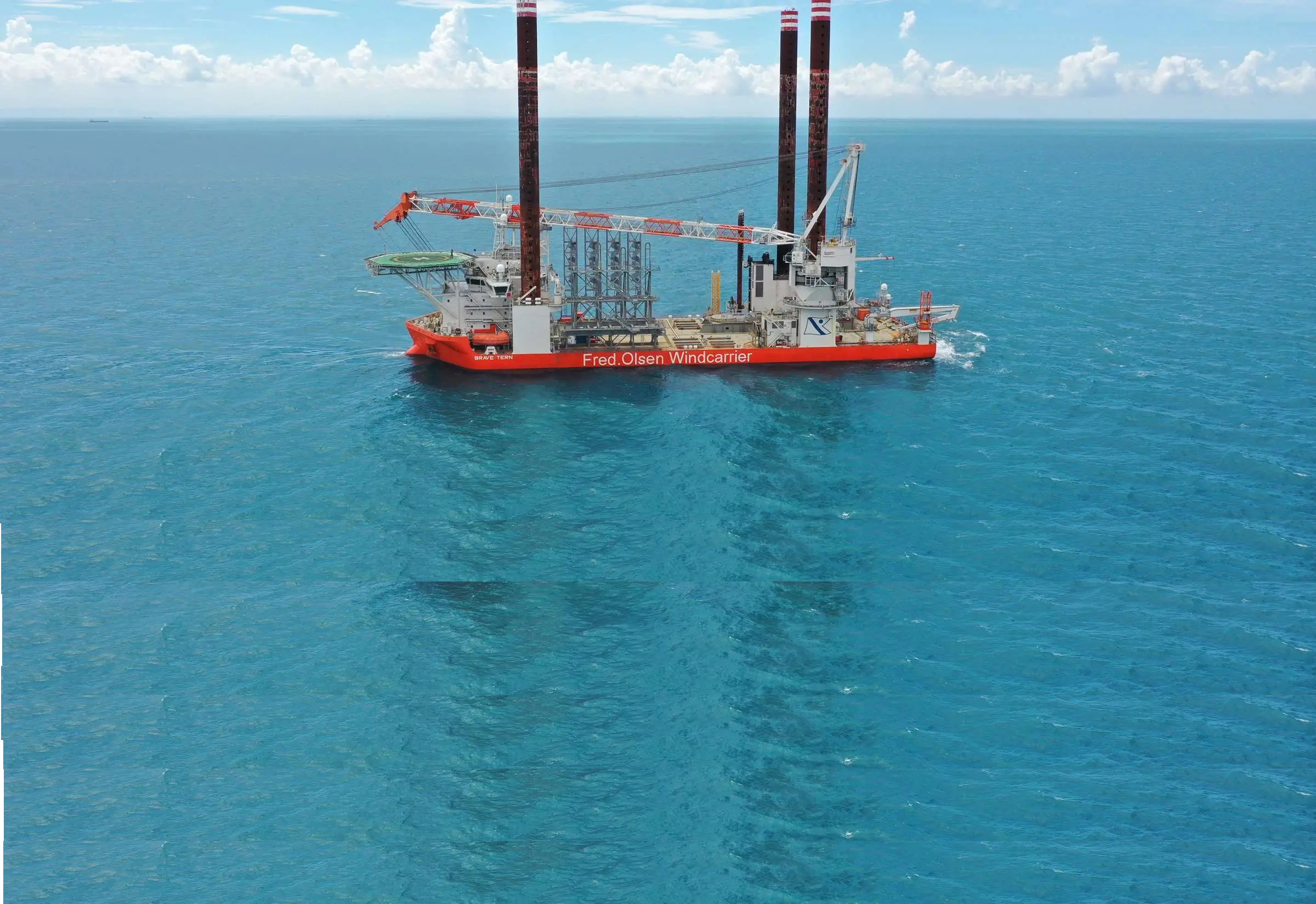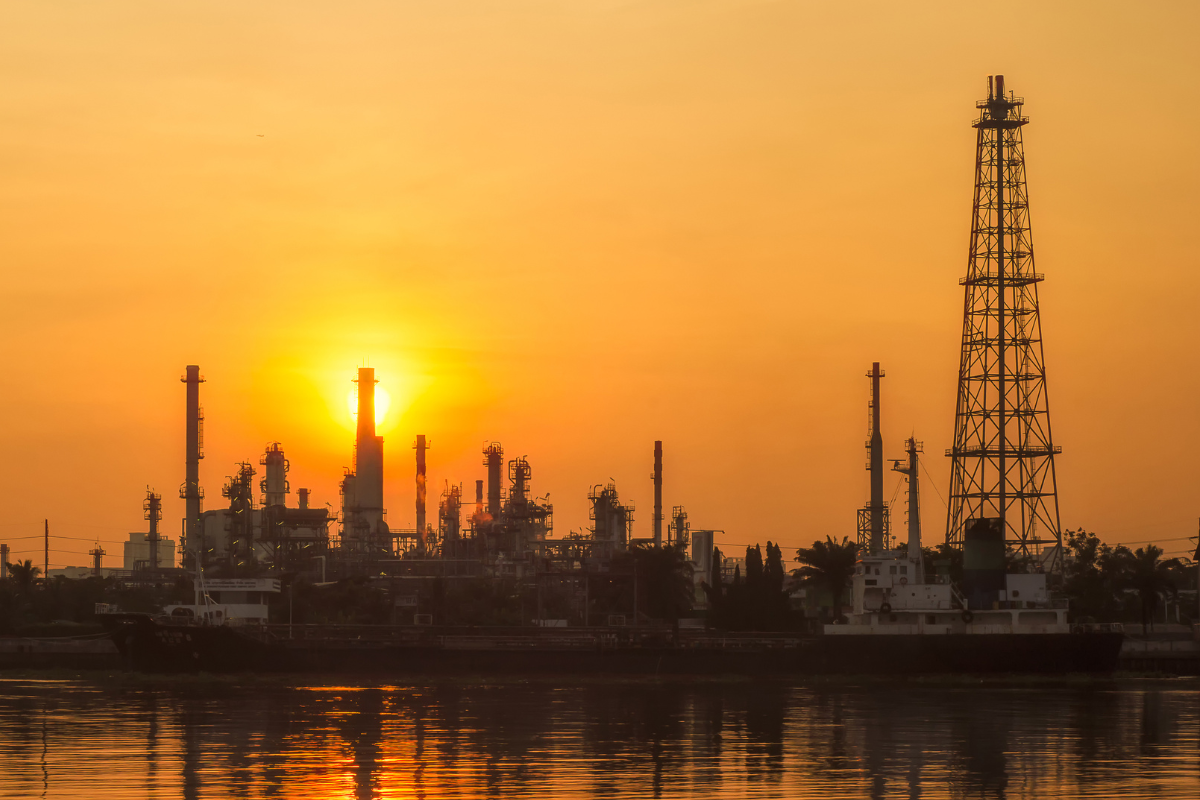International Food Waste Composter Specialists
Tidy Planet have long been leading the way in innovative food waste solutions for 20 years. The Rocket food waste composter is our original flagship vessel which has been sold to over 1,000 sites worldwide and is well renowned for its quality, longevity and reliability.
We believe that the most sustainable and cost-effective way to deal with food waste is at source, and we’re passionate about equipping organisations with the tools and knowledge to close the loop and recycle their food waste on site – through composting.
Our ethos is to empower our clients to take control of their own food waste management – helping them to reduce their carbon footprint, harness resource potential, and save money at the same time.
For us, composting isn’t a buzzword or Corporate Social Responsibility (CSR) fad – it’s a powerful way to protect our environment, reduce landfill volumes and create a valuable end-product. And we’re on a mission to tell the world.
Find out moreOur most popular food waste solutions
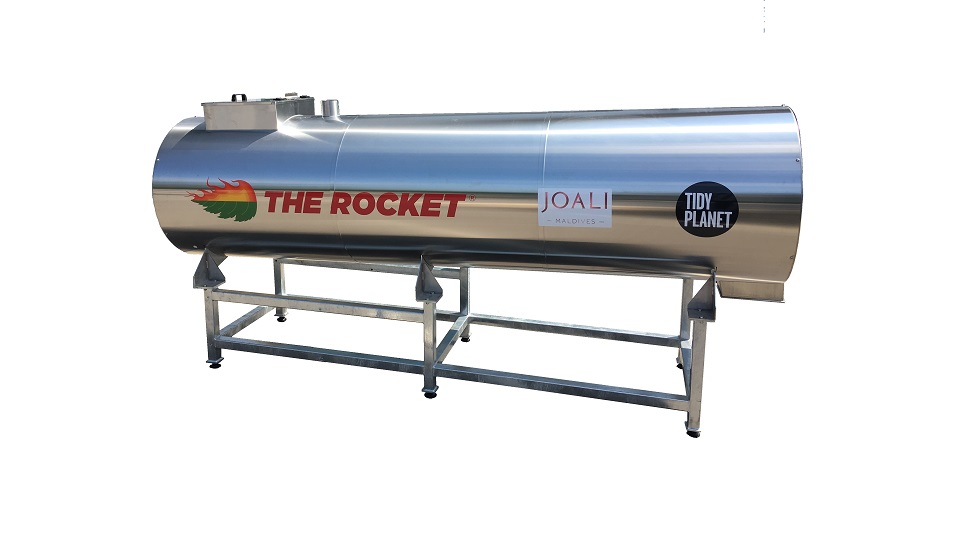
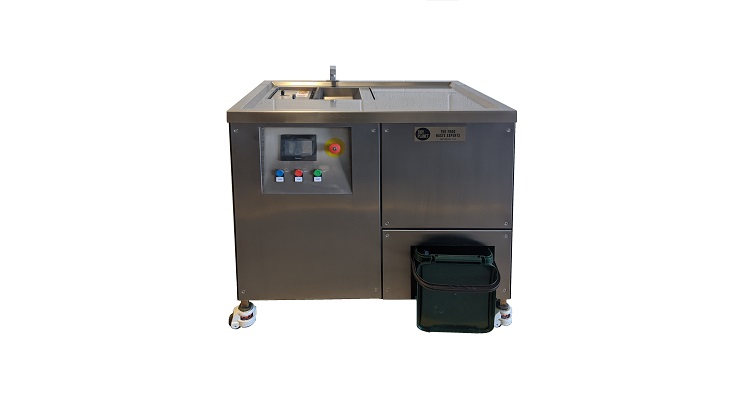
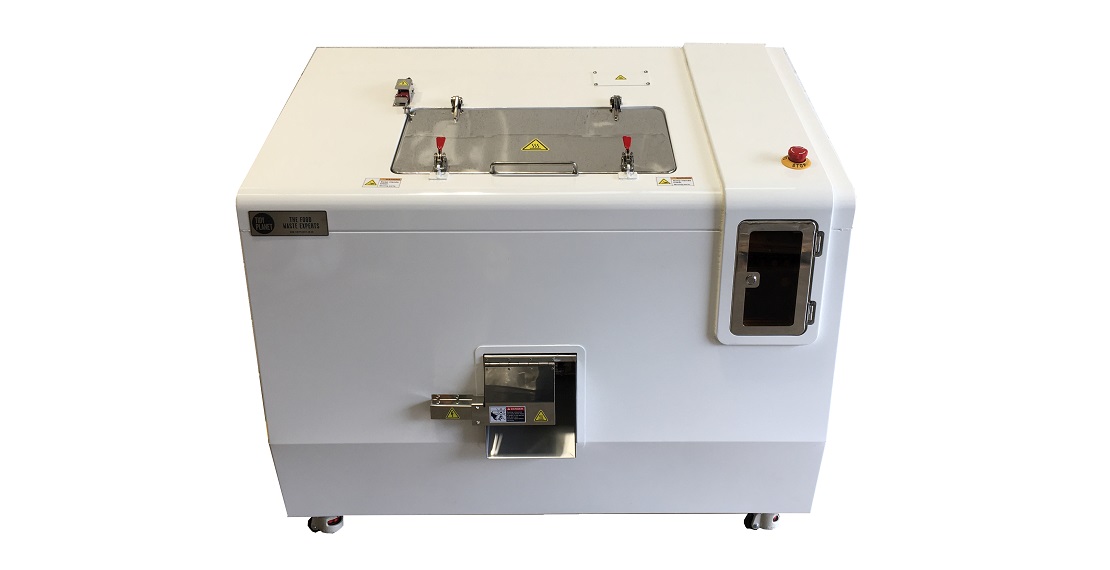
Who we work with
Our food waste solutions can be found in many locations around the world, across a wide range of sectors – including education, hospitality, oil and gas exploration, prison services, and offshore, to name a few.




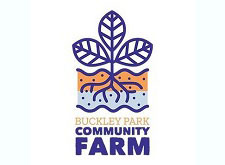
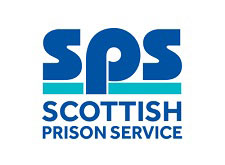
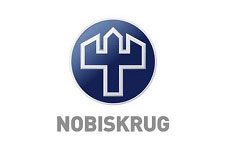
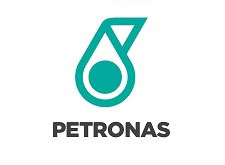


And while our clients are all different, they have one thing in common – the desire to sustainably manage their food wastes.

